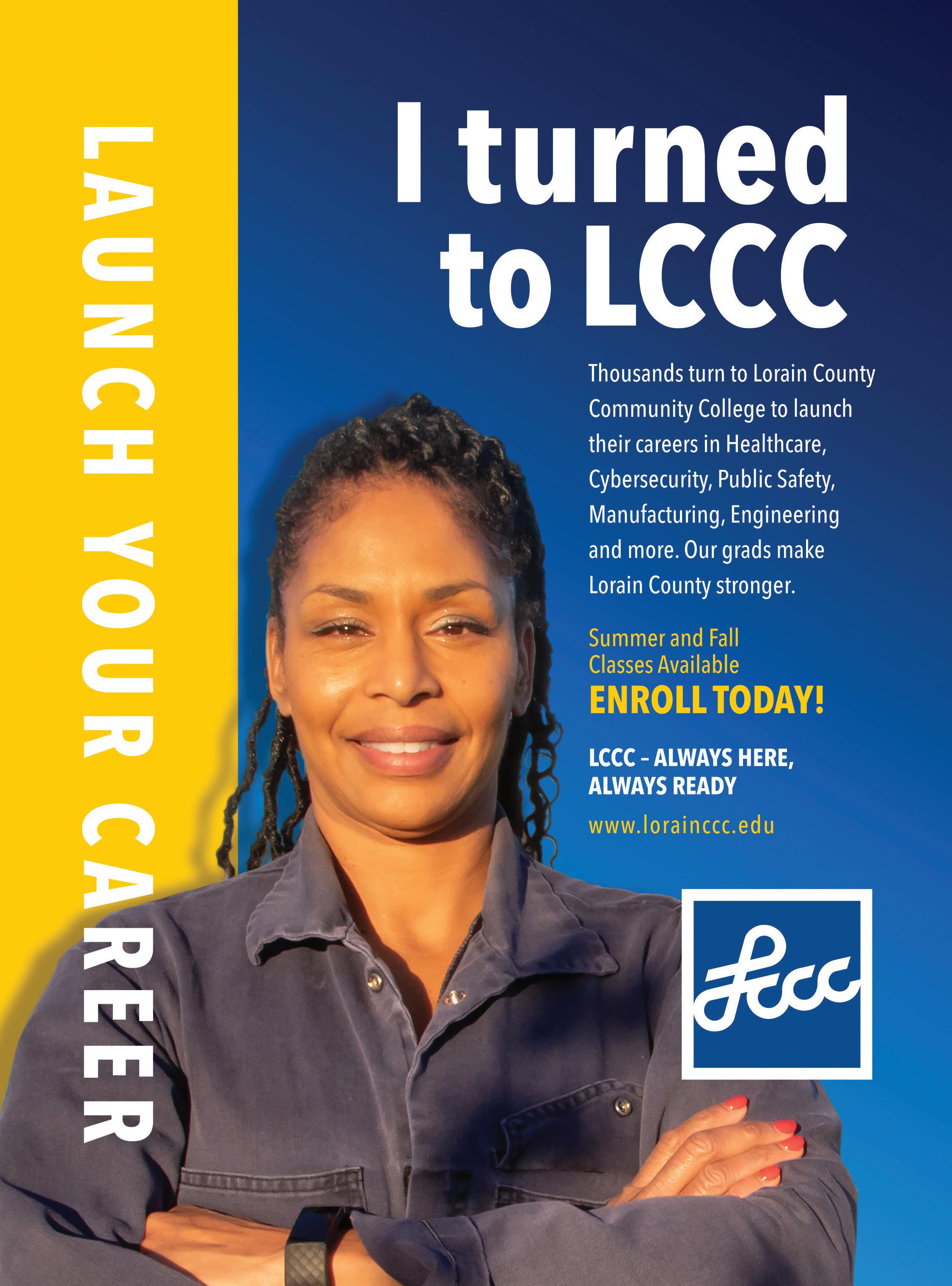
1 minute read
students
– DR. TALEA DRUMMER-FERRELL, Kent State University’s associate vice president for student affairs and dean of students
pick up the phone and schedule an appointment with counseling services,” Hutson says. “We are moving out into the campus community to meet students where they are.”
Students speaking up. “Getting the students to get to teach others is the key,” Drummer-Ferrell says, relaying a university wellness mantra: Flashes Take Care of Flashes. “I know when a student is having a difficult time at 11 p.m. they are not going to call our hotline right away. They’ll probably tell a friend. So, our job is to constantly inform our students.”
Currently, the university’s main campus is piloting an honors college program with peer ambassadors who train through ongoing workshops to serve as peer facilitators/counselors. She says, “We notice in this program where there is high pressure, perfectionism is an unspoken expectation and those students can become high-risk, so we want to make sure we have initiatives in place.”
Staying well. The mental health discussion must extend beyond, “I’m depressed. We want to talk about how to be proactive with our physical and mental health,” Drummer-Ferrell says.
Self-care is real.
And that can often mean connecting with peers who are walking through the same troubles. This is why Kent State has moved toward a step-care model that has significantly opened capacity at counseling services and basically triages students’ needs.
Some benefit more from a group experience. Others need one-on-one guidance. There are students who want to help facilitate groups and access training. And there are some needs that cannot be accommodated on campus and require emergency intervention, which is why the university maintains close ties with area hospitals and providers.
Drummer-Ferrell says, “All of this helps us make sure we get the right students the right resources at the right time.”
A parent’s part. Check in, early and often, and always. Of course, there is a balance as a young-adult child explores independence and the college environment. “Just make sure your student knows you are available to talk, and directly ask about how they are coping with the transition — that can start a conversation,” Hutson says.
As a parent, stay informed. Visit the campus counseling center’s website and learn about available resources. Find out about programming. Hutson says, “The more parents know about what’s going on at campus, they can point to resources that might be useful to their students.”












